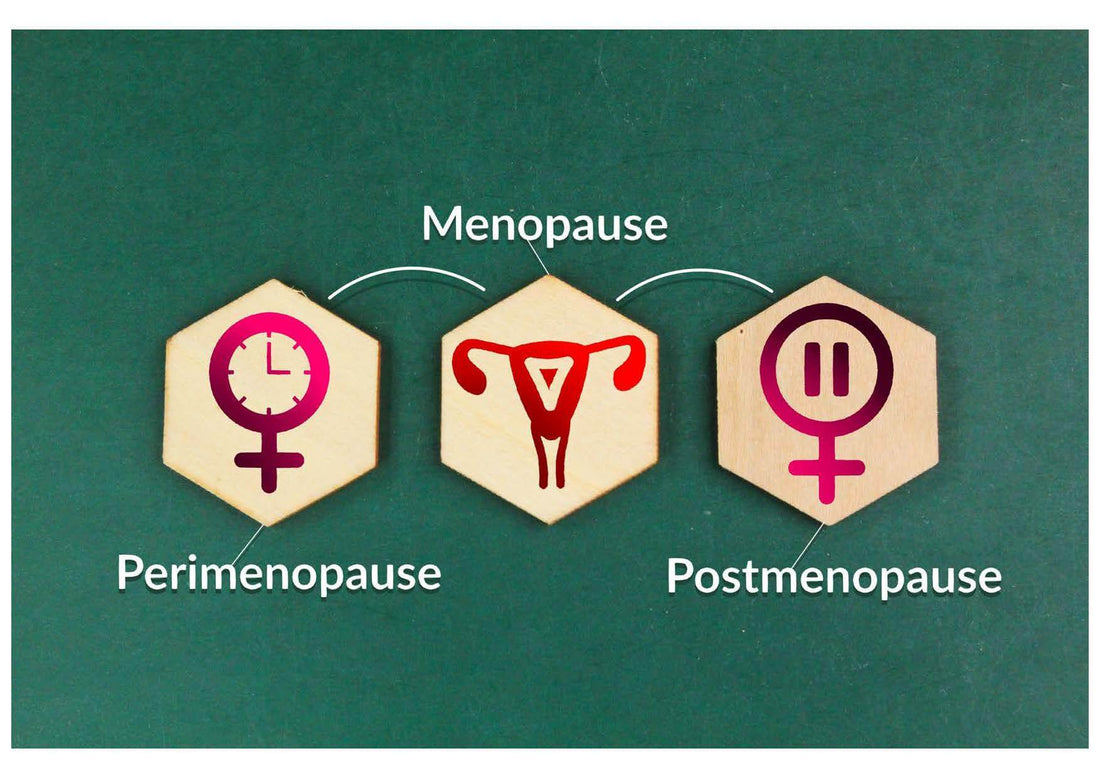
Navigating Menopause: A New Survey Reveals Why Women Are Turning to Medical Cannabis
Menopause is a natural transition, but the journey through perimenopause and postmenopause is often anything but smooth. The fluctuating hormones can trigger a wide range of challenging symptoms, from disruptive hot flashes and sleepless nights to mood swings and anxiety. While proven treatments like hormone therapy are available, many women are actively searching for effective, non-hormonal alternatives.
A new survey, highlighted by the Australasian Menopause Society and published in the journal Menopause, has shed light on a growing trend: a significant number of women are turning to medical cannabis for relief.
The Study: What Women Are Doing
The survey, which included over 250 women, was designed to understand patterns of medical cannabis use during perimenopause and postmenopause. The findings were revealing:
- High Usage: A staggering 86% of the women surveyed reported using cannabis, with nearly 79% specifically using it to alleviate menopause-related symptoms.
- Target Symptoms: The most common reasons for use were to address sleep disturbance and mood/anxiety—two of the most frequently cited challenges of this life stage.
- Perimenopause is Key: The study found that perimenopausal women reported more severe symptoms, including greater anxiety and more frequent hot flashes, than their postmenopausal counterparts. Unsurprisingly, they were also more likely to be using medical cannabis to manage these mood and anxiety symptoms.
A Powerful Message for Future Research
It's important to note that this was a survey, not a clinical trial. It doesn’t definitively prove that medical cannabis is an effective treatment for these symptoms. However, it sends a clear and powerful message to the medical community: women are in search of solutions, and they are exploring new avenues to find them.
The study validates that the symptoms women are trying to address—sleeplessness, anxiety, and mood changes—are very real and often severe. It highlights a clear need for further, more formal clinical trials to investigate if and how cannabinoid-based therapies can be a safe and effective part of a treatment plan.
Exploring Alternatives: A Step Towards Relief
The survey shows that women are looking for options, and this is where a thoughtful, informed approach is essential. The most common methods of cannabis use reported in the study were smoking and edibles, which often contain THC and can lead to intoxicating effects.
At Dr. Chill, we believe this research underscores the need for high-quality, non-intoxicating options to support women's health. The study points to a clear demand for products that can help with the very same symptoms—sleep, mood, and anxiety—without the "high" or other side effects associated with THC.
As the scientific community is now being called upon to conduct more research, we encourage you to stay informed and empowered. If you are experiencing challenging menopause symptoms, always consult with a qualified healthcare professional, who can help you navigate your options and find the safest, most effective path to relief.
